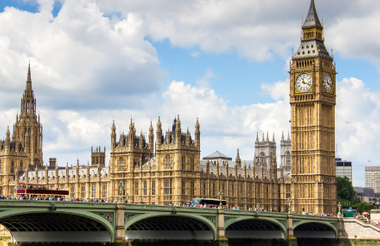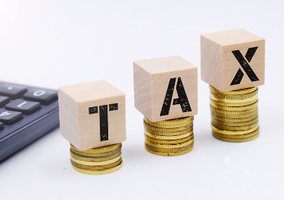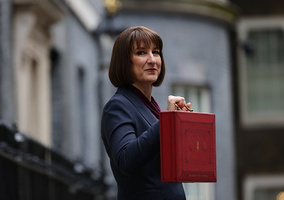Cross-party MPs have criticised the government’s decision not to exempt charities from employers’ national insurance contribution (NICs) rises and urged it to “give them their money back”.
In October, chancellor Rachel Reeves announced that employers’ NICs would increase to 15% from April while the threshold above which the tax applies would be reduced from £9,100 to £5,000.
Following the budget, umbrella body NCVO estimated that employers’ NICs increases would create an annual additional bill of £1.4bn for charities but Reeves ruled out an exemption in her response to the sector’s concerns.
Yesterday, in a debate secured by Conservative politician Joe Robertson, MPs discussed the impact of changes to employers’ NICs on the charity sector, with one warning that charities “could well disappear”.
MPs warned about the knock-on effect on public services and particularly the NHS of charities potentially withdrawing from public contracts.
‘Charities could disappear’
Daisy Cooper, deputy leader of the Liberal Democrats, said the NICs rises are “unnecessary when alternative tax-raising avenues are available”.
She said: “It’s self-defeating, because in many cases it will put more pressure on the NHS, and it’s fundamentally unfair. It will hit charities that are supporting some of the most vulnerable in our society.
“Those charities are the glue that holds our societies together and, unfortunately, we’re going to see their services slashed.”
Citing the work of children’s hospice charities Shooting Star and Demelza, Conservative MP Roger Gale said it is “absolutely ludicrous that money given for charitable purposes should effectively be siphoned off to the Treasury”.
Meanwhile, Democratic Unionist Party MP Jim Shannon said the tax rises could be “the straw that breaks the camel’s back, and that charities could well disappear”.
‘No one will pick up where charities withdraw’
Robertson said that charities deliver nearly £17bn-worth of public services a year and warned about the potential impact of voluntary organisations being forced to exit contracts due to the NICs rises.
“In the worst case, no one will pick up where charities withdraw, or the government and the public sector will have to, and I’m fairly sure it will cost them more than £1.4bn to do so,” he said.
“I prefer to put my trust in charities with experience in what they do, rather than the government having to put emergency measures in place because charities are forced to withdraw.”
Robertson said the government knows the pressure created by the NICs rises, adding that it exempted the NHS because it “knew the impact it would have on healthcare, but ignored or failed to understand the contribution that charities make to health and social care”.
He said the government should exempt all charities from NICs rises but alternatively could target the exemption at health and social care provider charities, “without which the NHS couldn’t function”.
Alongside other MPs, he also criticised the government for not carrying out an impact assessment on the impact of the tax increase on the charity sector.
Robertson said: “That must be the most basic ask: there can be no good reason not to have an impact assessment. […] The government must go back and rethink their whole approach to taxation on charities, to help to deliver – not hinder – their stated aims.”
Minister: ‘Money has to come from somewhere’
In response, civil society minister Stephanie Peacock said that to grow the economy and country, “tough decisions have to be taken, and I appreciate that that’s difficult”.
“The bottom line is that we’ve been very clear that we want economic stability, and the money does have to come from somewhere – it’s tax, borrowing or cuts. That’s a very clear choice.”
She added that the government “will continue to support the sector in a number of other ways” and that she is committed “to continuing that engagement with charities and voluntary groups”.
“My department is also focused on developing other sources of funding support for the sector.
“That includes establishing a stronger, more ambitious partnership with the impact economy, such as by unlocking the multimillion-pound potential of the dormant assets scheme.
“This includes making charitable giving as easy and compelling as possible, building on the estimated £13.9bn that the UK public donated to charity last year.
“My officials are also working to deliver the voluntary community and social enterprise (VCSE) contract readiness programme to help to improve the capability of VCSE organisations when bidding for public contracts.”
Related articles












